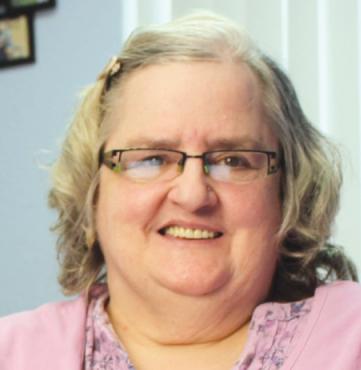
As a baby boomer, enough of the 1960s rubbed off on me to make me willing to question everything. I still believe there are absolutes, however, no matter how polically incorrect that may be,
The cataclysm of the Sixties started long before. You could say it began with early man. A survey of what our great philosophers had to say about humanity points to a downward spiral:
During the Iron Age, Israel’s King David asked, “What is man, that [God] is mindful of him?” (Psalm 8:4, NIV), but in Ancient Greece, Plato defined man as “a being in search of meaning.” He didn’t turn to God exclusively or even primarily in the search for his identity.
During the Renaissance, Descartes described humanity’s increasing dependance on their own reasoning. “I think; therefore I am.” No wonder in the last century that Friedrich Nietzsche said, “God is dead. God remains dead. And we have killed him.”
In the wake of the sweeping changes that changed how our nation thought, God raised up warriors to “demolish arguments and every pretension that sets itself up against the knowledge of God.” (2 Corinthians 10:5 NIV) As Francis Schaeffer said, “He Is There, and He Is Not Silent.” I read his books, as well as others by C.S. Lewis, Philip Yancey, and Josh McDowell. What I learned only magnified my commitment to what I already believed by faith.
A generation later. my son struggled at a much deeper level. He wanted to believe in God, but he didn’t know that he could. He read the Bible from Genesis to Revelation, and sought answers to his questions. Now he is an apologist himself, eager to share not only what he believes but why.
I’m proud and grateful for my son’s calling. But it’s not mine. My intellect agrees God is sovereign, but my old way of life tugs me in the wrong directions. The apostle John describes my struggle well: in addition pride in my achievements and possessions, I’m also drawn to a craving for physical pleasure as well as for everything I see(I John 2:16 NLT).
Some of those distractions are outside of my control. In the nursing home where I live, we have several residents with dementia. People suffering from the disease may grow belligerent and offensive
Not everyone is surrounded by dementia patients, but most of us hear offensive language fairly often—at work, at school, sometimes at home and on the media. The best way I know to combat such repulsive thingsis to fill my mind with good thoughts, whatever is true, honorable, right, pure, lovely, admirable, excellent, and praiseworthy (Philippians 4:8, NLT).
No, I don’t have complete control, not even in my room, since I share it. But where I can make a choice, I seek to proactively fill my mind with good things.
I’ve memorized hundreds of Bible verses. I continue to dive into scripture and to write devotions and poetry based on my studies, stockpiling memories for future reference. As hymnist Kate Wilkinson wrote, “May the Word of God dwell richly in my heart from hour to hour.”
I also train myself to have the mind of Christ, to look out for the interests of others before my own (Philippians 2:3-5). When I do, my spirit grows calmer, and I am able to communicate with someone who otherwise annoys me.
If I review the day’s problems at night, wakefulness plagues me. I sleep better when I review memory verses, pray, or sing hymns. Occasionally I create a poem. It doesn’t matter if I remember the lines when I wake up. The process helped me rest.
I also find it helpful to speak frequently of God’s wonderful deeds on my behalf. The more I do, the more His blessings come to mind. Encouragement, not complaints, should come from my mouth.
Bottom line? When I set my mind on things of the spirit, I will prove that God is true, even when every man seems to be a liar. He corrects my hearing and my vision.
Battle of the Mind
Jesus, hosanna, save now
My thoughts may wander
Let me in Your mind abide
You make me stronger.
May I never brood on strife
Rehearsing details
Better to hold Your word tight













